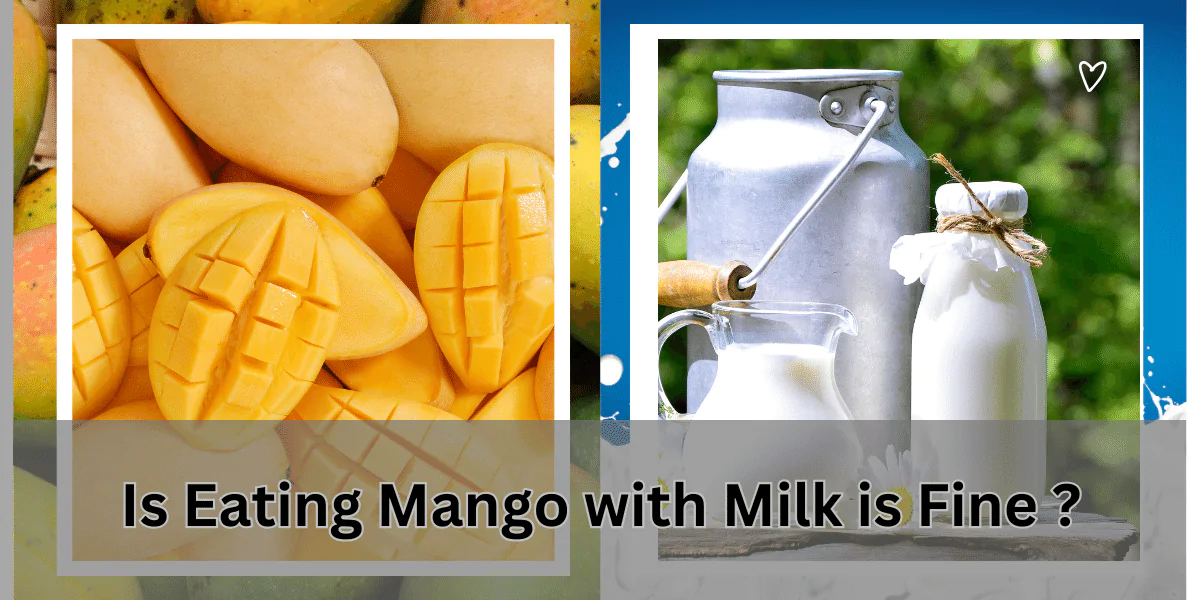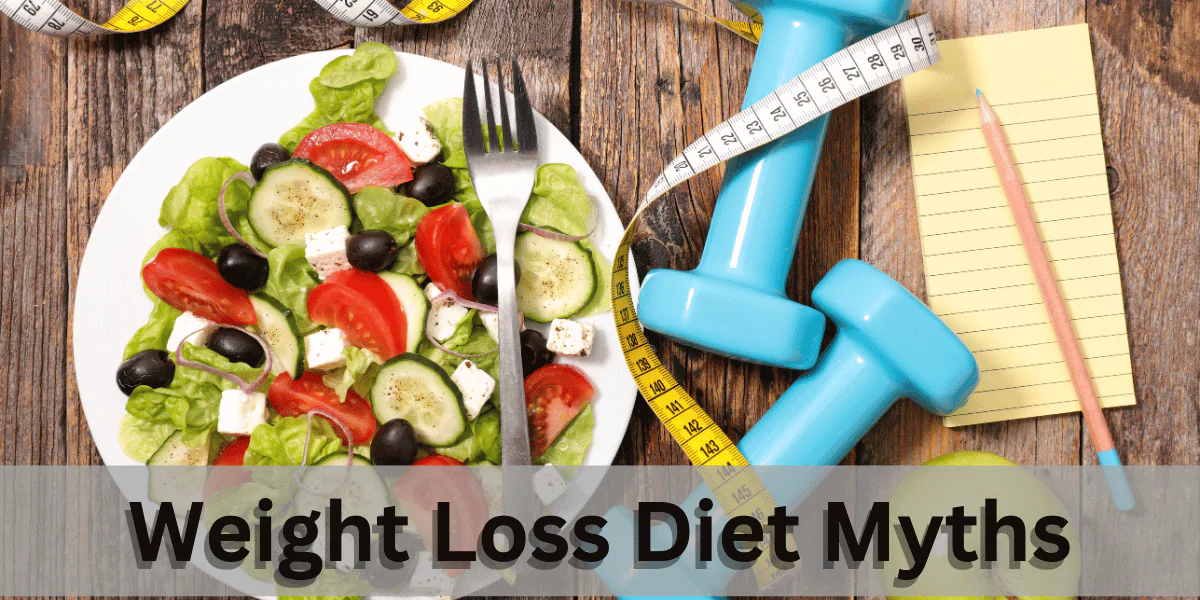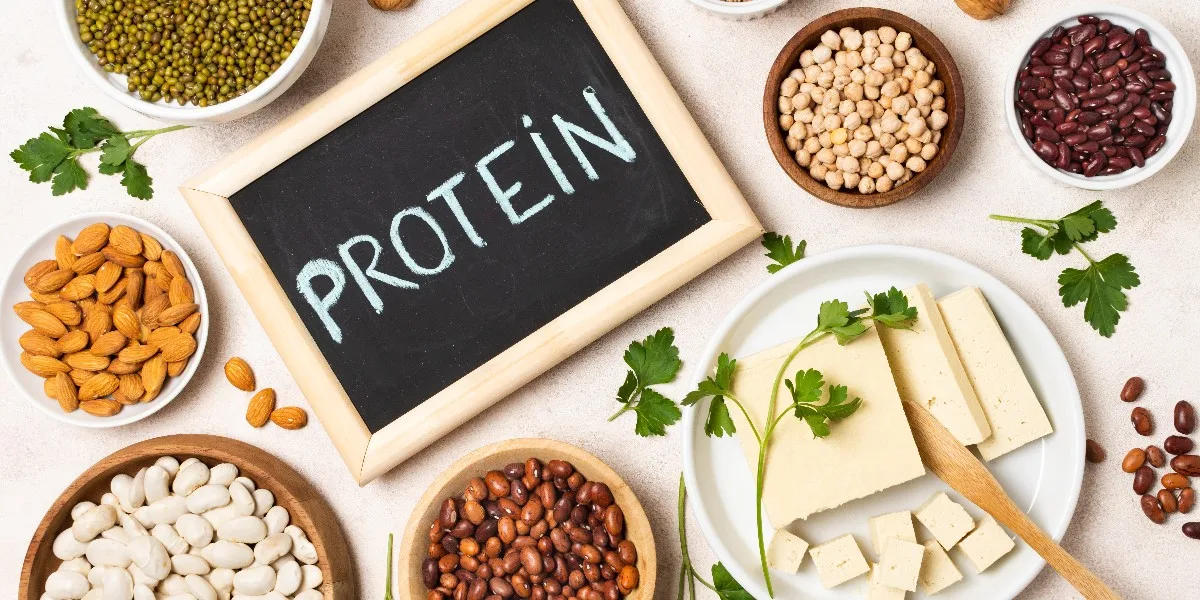The ketogenic (keto) diet has gained popularity for its potential to help people shed excess weight quickly by switching the body into a state of ketosis. In ketosis, the body burns fat for energy instead of carbohydrates, leading to significant fat loss. However, despite following the keto diet, some individuals find themselves struggling to lose weight. If you’re encountering keto weight loss issues and wondering why you’re not losing weight on keto, several factors could be at play. Let’s explore some common pitfalls that might be hindering your progress.
1. Eating Too Many Calories
Excess calorie intake often stalls weight loss on the keto diet, despite its focus on low carbs. While cutting carbohydrates is central to keto, maintaining a calorie deficit is equally important. Even on a low-carb plan, consuming more calories than your body requires can result in weight gain. High-fat foods like cheese, nuts, and oils are calorie-dense, making it easy to overeat. To overcome a weight loss plateau, monitor your calorie intake closely and ensure you’re consistently in a deficit.
2. Too Many Carbs
Hidden carbohydrates can easily derail weight loss on the keto diet by disrupting ketosis. The strict carb limit of 20-50 grams daily is essential to stay in ketosis, yet unnoticed carbs in sauces, dressings, and processed foods can quickly accumulate. These hidden carbs can push you out of ketosis, stalling your progress. To stay within your limit, diligently check food labels and avoid items that may unknowingly increase your carb intake.
3. Constant Snacking
Frequent snacking, even on keto-friendly foods, can sabotage weight loss by hindering fat burning. Constant eating keeps insulin levels elevated, which interferes with your body’s ability to burn fat efficiently. Moreover, mindless snacking often results in consuming more calories than intended. To optimize weight loss, prioritize balanced meals that promote satiety and limit snacking to times when you’re truly hungry.
4. Alcoholic Beverage
Alcohol is a hidden obstacle that can impede weight loss on the keto diet. Many alcoholic drinks contain hidden carbs and empty calories that can disrupt your progress. Even low-carb choices like dry wine and spirits can hinder fat burning, as your body prioritizes metabolizing alcohol over burning fat. For optimal results, consider limiting or cutting out alcohol entirely if weight loss is your goal.
Read also : 11 Best Indian Foods to Support Your Weight Loss Goals
5. Lack of Nutrients
Nutrient deficiencies can hinder weight loss on the keto diet. The restriction of certain food groups often leads to a lack of essential vitamins, minerals, and fiber, which can negatively impact metabolism and overall health. To overcome these deficiencies and support weight loss, include a diverse range of low-carb vegetables and high-quality protein sources in your diet, and consider supplements if necessary.
6. Sleep Deprivation
Sleep deprivation can undermine weight loss efforts on the keto diet. Insufficient sleep disrupts hormones that control hunger and appetite, leading to heightened cravings and potential overeating. Additionally, lack of sleep can slow metabolism, making fat burning more difficult. To enhance your weight loss progress, prioritize getting 7-9 hours of quality sleep each night.
7. Stress
Chronic stress is a hidden obstacle that hinders weight loss progress on the keto diet. Elevated cortisol levels, a result of prolonged stress, promote fat storage, particularly in the abdominal area. Stress also often triggers emotional eating, leading to cravings for non-keto comfort foods. To maintain consistent weight loss, incorporate stress management techniques such as mindfulness, regular exercise, and relaxation practices into your routine.
8. Underlying Medical Issues
Underlying medical conditions could be hindering your weight loss on the keto diet. Issues such as hypothyroidism, polycystic ovary syndrome (PCOS), and insulin resistance can impede your ability to shed pounds. If you’ve addressed other factors without success, consulting a healthcare professional is crucial to identify any medical conditions affecting your progress.
In summary, weight loss on the keto diet can be obstructed by factors like calorie intake, stress, and medical issues. By pinpointing and addressing these issues, you can enhance your keto approach and work towards your weight loss goals. Remember, weight loss is a gradual process that demands patience and perseverance. Stay focused, and you will see the results you are striving for.




















